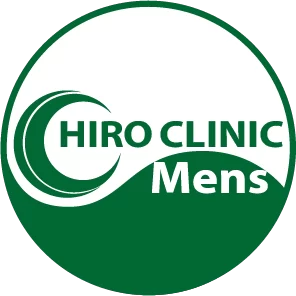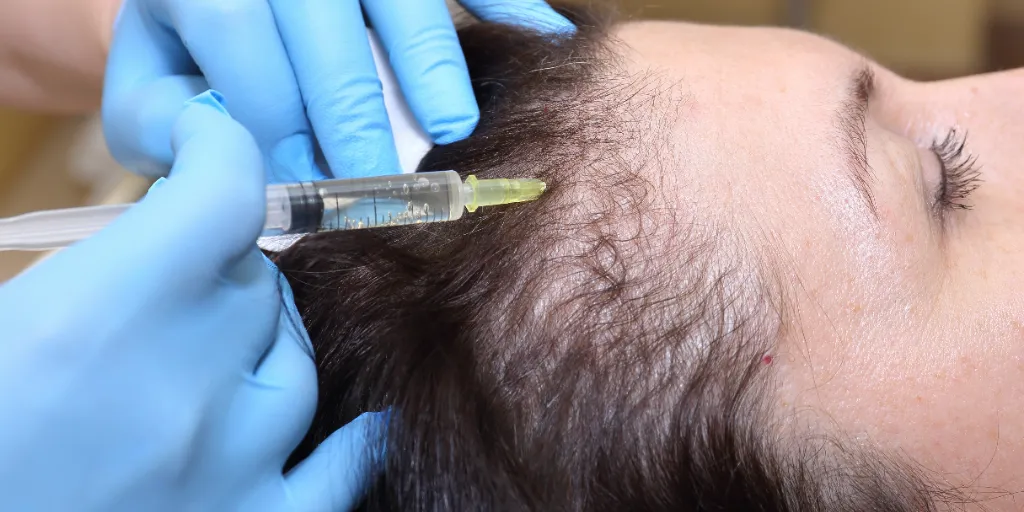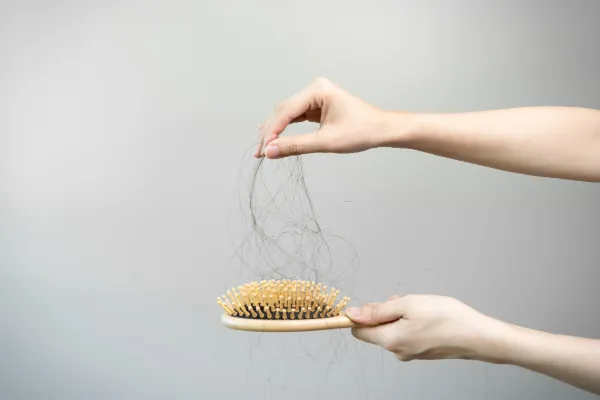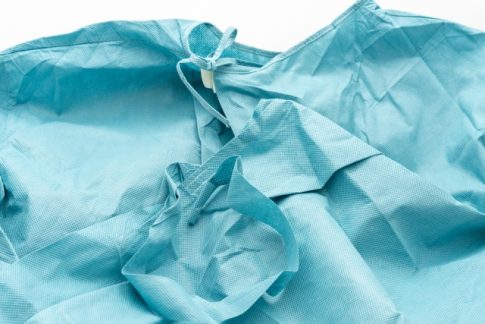この記事の概要
Hair transplant surgery is an effective treatment for thinning hair, but it can cause side effects such as swelling, pain, and inflammation after surgery. Natural remedies can be used to reduce these side effects. This article details natural remedies to reduce side effects after hair transplant surgery.
Common Side Effects After Hair Transplant Surgery
1. Swelling and inflammation
You may experience some swelling and irritation in your scalp for a few days after surgery. This is a natural reaction but can be uncomfortable.
2. Pain and Discomfort
Pain and discomfort after surgery are also common side effects, especially immediately after surgery.
3. Itching
As the wound heals, itching may occur. Scratching the scalp should be avoided.
How to use natural remedies
1. Aloe vera
Aloe vera helps reduce inflammation and promote wound healing.
How to use: Apply aloe vera gel directly to the scalp. For an even more soothing effect, chill it in the refrigerator before use.
2. Chamomile tea
Chamomile has anti-inflammatory properties that help reduce swelling and pain.
How to use: Make a cup of chamomile tea, let it cool, then soak a cotton ball in it and gently apply it to your scalp. Repeat several times a day for best results.
3. Coconut oil
Coconut oil has moisturizing and antibacterial properties that help keep your scalp healthy.
How to use: Warm a small amount of coconut oil in the palm of your hands and gently massage into your scalp. No need to rinse, but if it feels sticky, use a light shampoo to wash it off.
4. Turmeric
Turmeric has powerful anti-inflammatory properties. When taken internally, it can reduce inflammation throughout the body.
How to use: Mix turmeric powder with warm milk and consume one cup daily.
5. Lavender oil
Lavender oil has a relaxing effect and helps relieve pain and itching.
How to use: Dilute lavender oil in a carrier oil (e.g. jojoba oil) and gently massage into the scalp or use a diffuser to spread the scent around the room for a relaxing aroma.
6. Green Tea
Green tea has antioxidant properties that help promote recovery.
How to use: Make a tea using a green tea bag, let it cool, soak a cotton ball and apply to your scalp. Do this several times a day to reduce inflammation.

Diet and lifestyle changes
1. A nutritionally balanced diet
A healthy diet will aid in recovery and reduce side effects. Aim for a diet that includes the following nutrients:
Vitamin C: Boosts the immune system and promotes wound healing. Found in oranges, strawberries, and peppers.
Vitamin E: Antioxidant that helps maintain healthy skin. Found in nuts, seeds and spinach.
Omega-3 fatty acids: These have anti-inflammatory properties and aid in recovery. Found in salmon, walnuts and chia seeds.
2. Stay hydrated
Drinking plenty of water will help flush waste from your body and aid in recovery, so aim to drink eight glasses of water a day.
3. Stress management
Stress can slow down your recovery, so it’s important to manage it properly. Try yoga, meditation, deep breathing exercises, and other ways to relax.
Consultation with a doctor
It is important to always consult with your doctor when using natural remedies, especially if you are taking medication or have allergies, so you can proceed safely.
Summary
Utilizing natural remedies is effective in reducing side effects after hair transplant surgery. Natural remedies such as aloe vera, chamomile tea, coconut oil, turmeric, lavender oil, and green tea can help relieve swelling, pain, and inflammation. It is also important to have a balanced diet, drink plenty of water, and manage stress. Use natural remedies appropriately and consult with your doctor to ensure a safe recovery.








